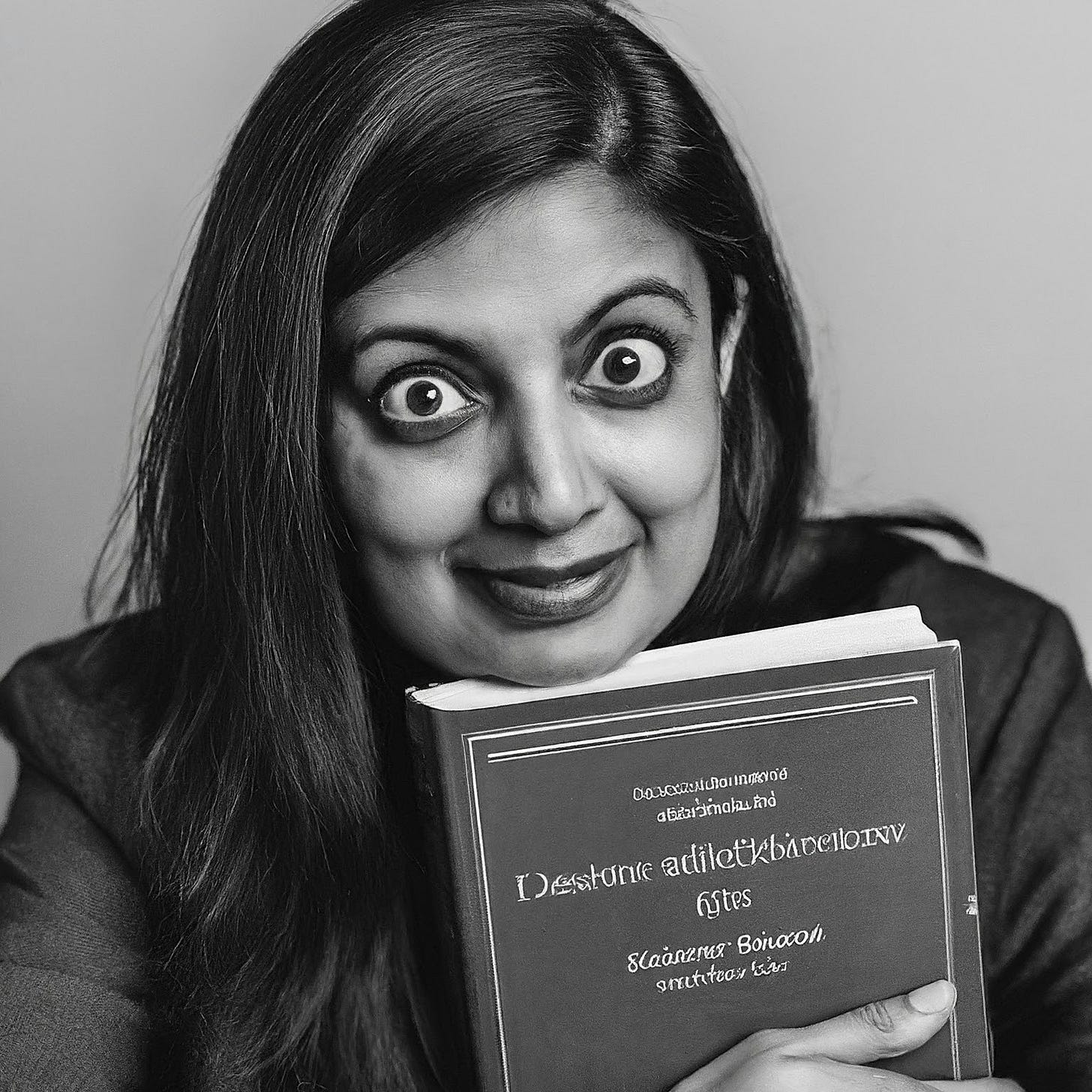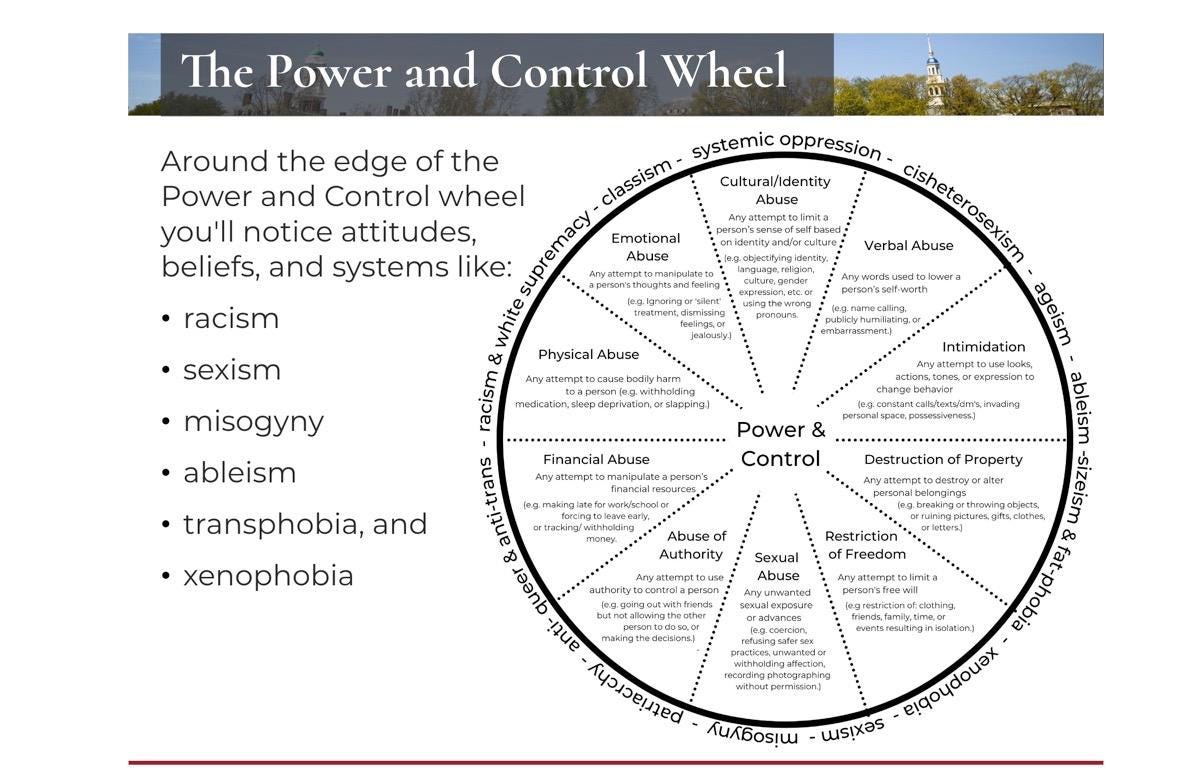The Key to Fixing Free Speech at the Universities is Reparations
Did someone say reparations? Let's start with the last eight years.

This week an activist group called the New Democracy Coalition demanded on behalf of one of its initiatives, the Boston People’s Reparations Commission, that the city pay $15 billion of reparations for involvement in the trans-Atlantic slave trade and ensuing generations of discrimination, with $5 billion in the form of direct cash payments to black Bostonians. Daniel Flynn pointed out this morning that the figure is three times the city budget. But that’s just the beginning of the irrationality of the proposal. Boston has the largest foreign-born black population of any American city, nearly 40% of all Boston blacks. Moreover, the Afro-Latino portion of that population, mostly Dominicans and Puerto Ricans, is around a third of the same total and growing.
Demanding reparations from a city with sizable Irish, Italian, Jewish, Chinese, Greek, and Albanian populations whose ancestors were innocent of perpetrating the American trade in sub-Saharan Africans is in itself dismaying. But furthermore, a considerable portion of Boston blacks were not connected in any substantive way to it either.
Punishing descendants for the crimes of ancestors has been regarded as unjust for the whole history of Western law dating back to its origins in Torah. Blackstone’s Ratio, “It is better that ten guilty persons escape than that one innocent suffer,” has informed it for two and a half centuries. Not only would the proposal punish present persons whose ancestors were not guilty of ancient crimes, in defiance of God and Blackstone, it would do so for the benefit of present persons whose ancestors were not harmed by them. The whole idea is a legal and moral nonstarter.1
But in neighboring Cambridge, there are cases in which the offending organization is both operational and deep-pocketed, and the damaged parties alive to demand and receive repair. Reparations would put their conflicts right and set good policy precedent for a long time to come. Namely, those cases are the transgressions against free expression at Harvard since 2016, corresponding with the beginning of the Trump presidency and the concurrent conclusion on the part of many progressives that freedom of speech was a problem.
The latest attempt to pettifog the situation of free expression at the universities comes from the New York Times, “The Fight Over Academic Freedom.” “Amid spiraling campus speech debates, many professors are rallying in defense of a bedrock principle. But can they agree on just what it means?” asks the subheadline.
Some ask why, after years of restricting speech that makes some members of certain minority groups feel “unsafe,” administrators are suddenly defending the right to speech that some Jewish students find threatening. Others accuse longtime opponents of diversity, equity and inclusion efforts of cynically weaponizing those principles to suppress pro-Palestinian views.
As opposed to honestly weaponizing them against dissidents from progressivism, one supposes.
The situation is simpler than the Times would have you believe. Congress and the American people were galled by the testimony of the presidents of Harvard, MIT, and Penn last October because they reverted to principle exactly at the moment that it would allow them to escape the consequences of instituting anti-free speech policies in the years prior. To my knowledge, no one is trying to “suppress pro-Palestinian views” and there was no reason for the Times to entertain the proposition that anyone was—unless calls for the genocide of the Jews (the “river to the sea” collocation) and for worldwide violence against the Jews (e.g., “globalize the intifada”) are inseparable from any argument in favor of the Palestinians. If they are, then the Palestinian cause has no more worth than the neo-Nazi cause.
If not, then there are many remaining rhetorical paths for advocating for the dignity of the Palestinian people and the possibility of a Palestinian state. People should be (and as far as I know, are) free to say so. Delighting in the events of October 7, as did many students, academics, writers, and artists, is sufficiently repulsive for good people to withdraw their association, which is another important First Amendment principle. But the crux of the complaint wasn’t advocacy for Palestine, it was the excoriation of Jews. Harvard has been mandating Title IX training that features this slide:

“Any attempt to limit a person’s sense of self based on identity and or culture (e.g. objectifying identity, language, religion, culture, gender expression, etc. or using the wrong pronouns” (lack of closing parenthesis sic) was the “Cultural/Identity Abuse” slice of the Power and Control Pie, ringed with a list of sins that included “fat-phobia.” It seems that referring to someone as “elephantine” might jeopardize your placement at the university. What of a cartoon depicting “a hand labeled with a Star of David with a dollar sign in the middle holding nooses that were tied around the necks of an Arab man and a Black man,” as was circulated by the Harvard Undergraduate Palestine Solidarity Committee and Harvard’s African and African American Resistance Organization this week? Would that get you thrown off campus? Evidently not.
A DEI regime that extended its “I” to Jews (or for that matter, whites, as said regime classifies us, or men, or—here’s a wild idea—Christians) would in theory be worth preserving. But in practice it’s not going to happen, and it may not even be possible in theory, given the foundation of the associated philosophy in Critical Social Justice.
That leaves to reversion to principle—campus speech policies that comport with the First Amendment, even for the vile racists of the Harvard Undergraduate Palestine Solidarity Committee. But that too seems unsatisfactory. Claudine Gay was forced out of the presidency of Harvard, but she still collects a $900,000 annual salary, and blamed racism for her ouster rather than her own mediocrity, mendacity, and professional nastiness. What of the derailed careers and public disgrace of Ron Sullivan? Or Roland Fryer? Or Carole Hooven? Or the ten kids whose admissions Harvard rescinded for sharing dank memes in a private Facebook group? FIRE has the whole list. If the city of Boston with its $5 billion annual budget has the resources to pay every black citizen $27,000 for either having been historically wronged by Boston’s involvement in the slave trade or looking like someone who was, then surely there’s room in Harvard’s $50 billion endowment to make this relative handful of people whole.
That’s the key to making the reversion to principle look like something more than a ploy to avoid feeding the darlings of DEI into the DEI disciplinary meat grinder, which their behavior merits. After all, in 2022, Harvard set up a $100 million endowment fund to address the legacies of slavery and racism. The only reason it wouldn’t pay reparations for much more recent and specific insults to the sanctity of expression and conscience is that it doesn’t take such things seriously, and never will.
Content at DMJ is free but paid subscriptions keep it coming. Please consider one for yourself and thank you for reading.
We are about to begin an Asynchronous Studio Book Club reading of The Creative Act: A Way of Being by Rick Rubin. Obtain your copy and jump in. See the ASBC schedule.
Dissident Muse’s first publication, Backseat Driver by James Croak, is available now at Amazon.
Aphorisms for Artists: 100 Ways Toward Better Art by Walter Darby Bannard is out now at Allworth Press. More information is available at the site for the book. If you own it already, thank you; please consider reviewing the book at Amazon, B&N, or Goodreads.
Which is not to say that Boston Mayor Michelle Wu, she of the no-whites-allowed holiday party, isn’t seriously considering it.


This is all very well, Franklin, but I think we are ultimately dealing with perversity, which, like the scorpion in the tale with the frog, cannot be expected to go against its nature if it is allowed to do its thing. It will not be shamed into doing right, only goaded into finding a way, any way, to be itself.
Based on personal experience, I believe the inherently twisted or perverse seek out power not just for its own sake, but because they need power to be fully what they are. Otherwise, they are forced to disguise themselves and restrain their impulses, which is like being closeted, and they want out.